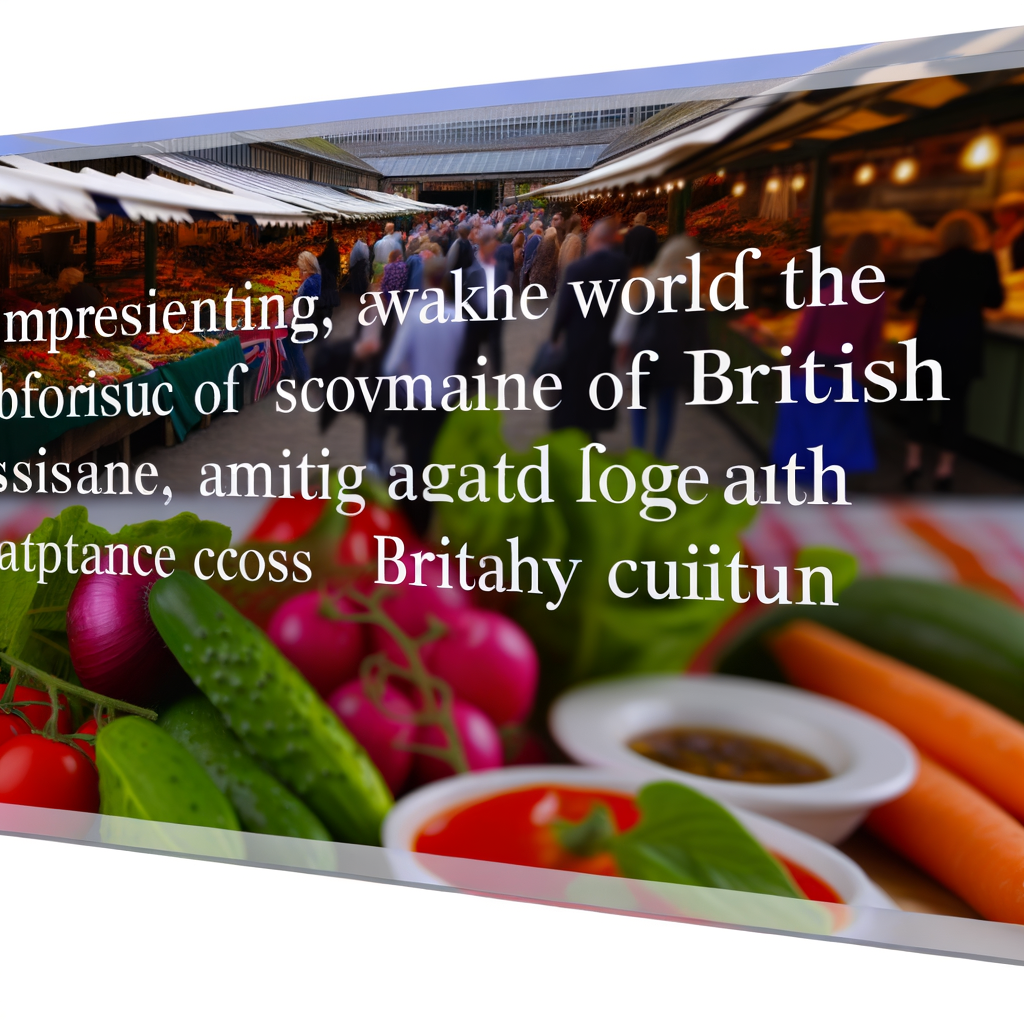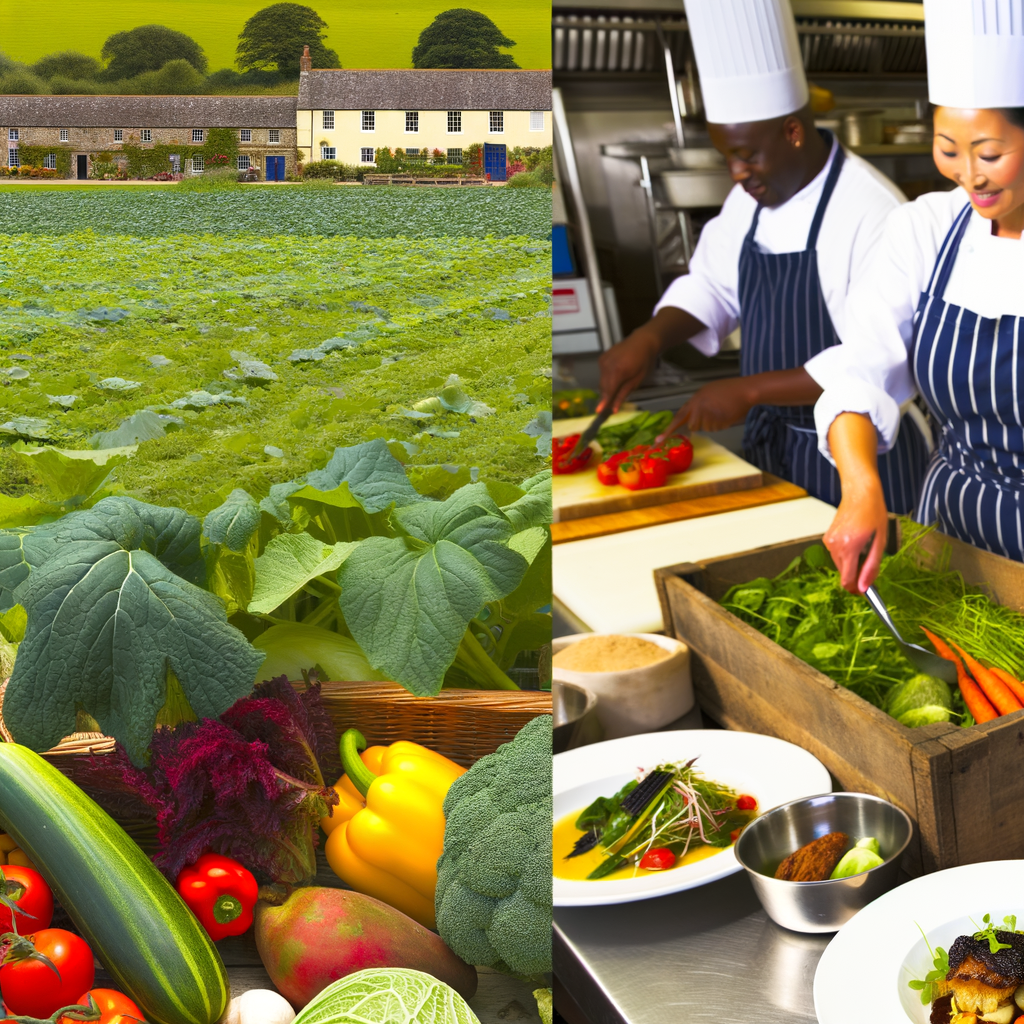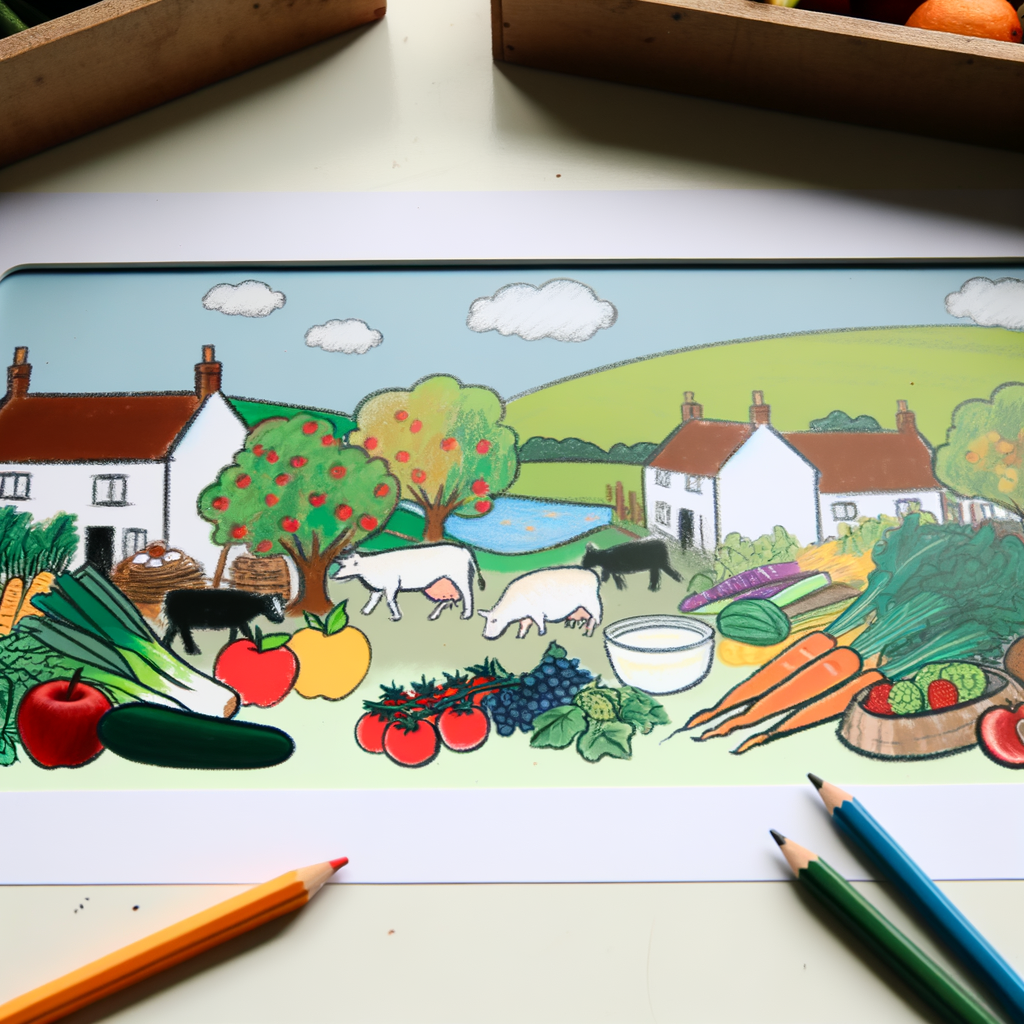In recent years, there has been a growing trend towards farm-to-table dining in British cuisine. As an expert chef and food enthusiast, I have seen first-hand the benefits and impact of this movement. Not only does it support local farmers and businesses, but it also brings a new level of vibrancy and diversity to British food culture.
The concept of farm-to-table is simple yet powerful. It emphasizes the use of locally-sourced and seasonal ingredients in cooking. This means that the produce used in dishes is often sourced from nearby farms and markets, minimizing the distance it has to travel and ensuring its freshness and quality.
One of the main advantages of this approach is the variety it brings to the table. By using local produce, chefs are able to showcase the unique flavors and ingredients of their region. This not only adds depth and complexity to dishes, but it also helps preserve and promote traditional British ingredients and recipes.
Moreover, farm-to-table dining is also better for the environment. By reducing the distance that produce has to travel, it significantly decreases the carbon footprint of the food we consume. This is especially important in a world where food production and transportation are major contributors to climate change.
As a chef, I am committed to incorporating local produce into my cooking. Not only does it allow me to create dishes that are truly representative of British cuisine, but it also allows me to support and promote local farmers and businesses. I believe that by embracing the farm-to-table movement, we can not only improve the quality and diversity of our food, but also make a positive impact on our environment and communities.
So next time you visit a British restaurant, be sure to ask about their farm-to-table practices. By supporting this movement, we can all play a part in celebrating and preserving the unique flavors and traditions of British cuisine.





